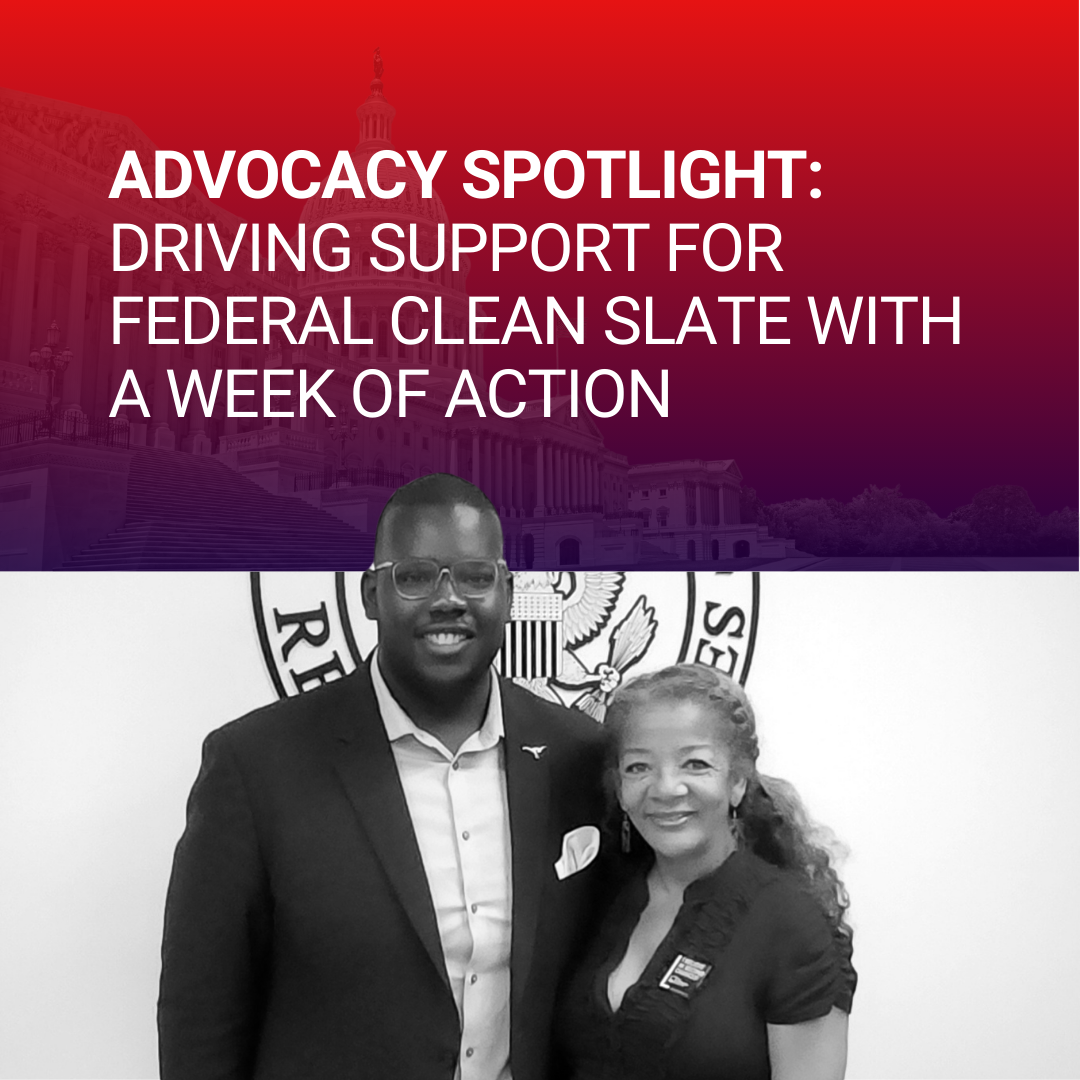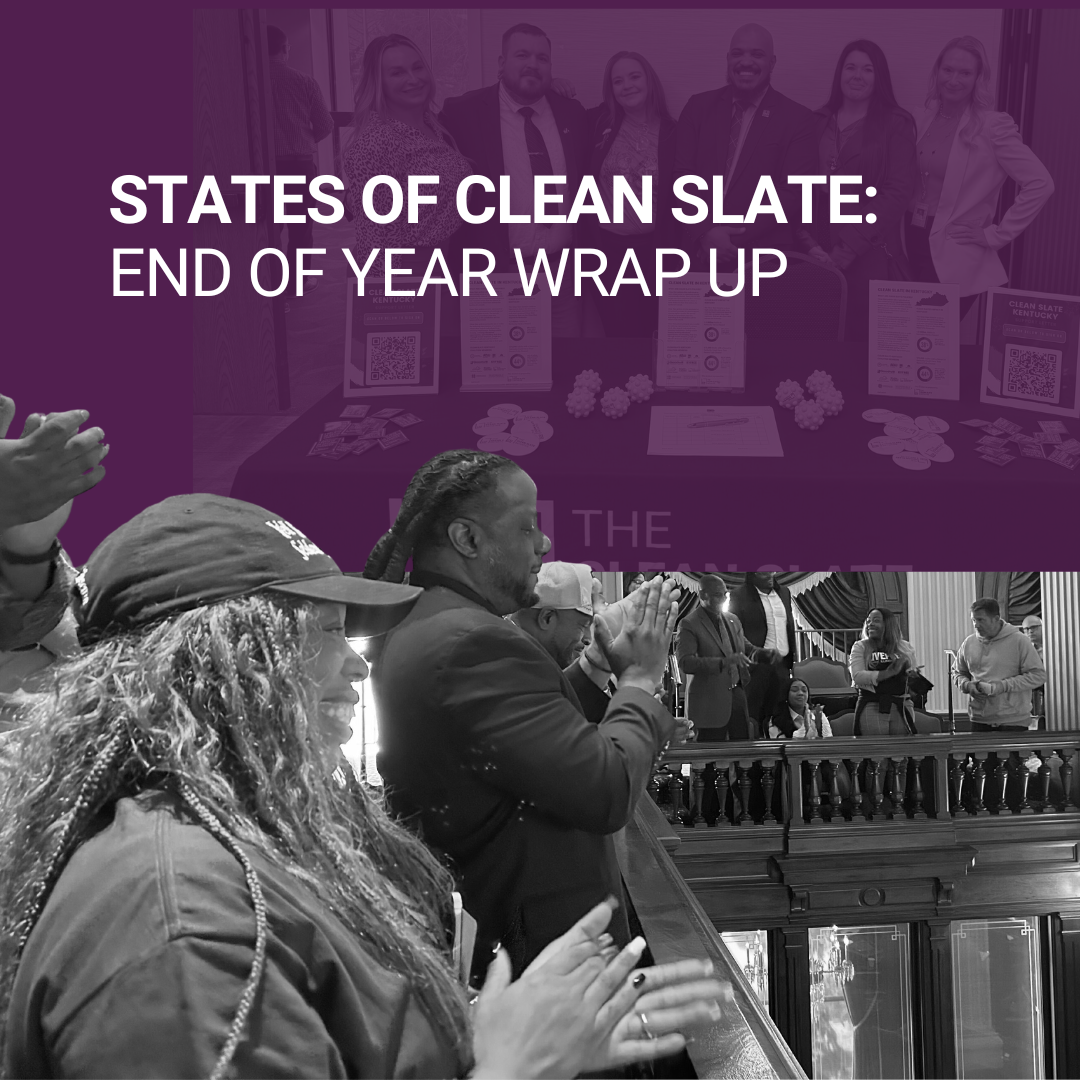A Record Shouldn't be a Life Sentence to Poverty

January is National Poverty Awareness Month, a time dedicated to shining the light on those living in poverty, the challenges they face, and how our society can help identify solutions that could break the poverty cycle.
In our line of work, we know one – often overlooked – contributing factor to poverty: living with an arrest or conviction record. And we also know a powerful tool to help fight the cycle of poverty: automatic record clearance through Clean Slate policies. We work to advance Clean Slate policies because having a record shouldn’t be a life sentence to poverty — but nonetheless, that’s often the reality.
People living with a record face countless barriers that hinder their ability to break free from the chains of poverty — including obstacles to some of the most important avenues for climbing out of poverty: employment, housing, and education.
Employment opportunities are limited because 94% of employers run background checks to screen applicants. Housing is hard to find, because 90% of landlords run a background check before they’ll rent to someone. Even the prospect of “moving up” through education becomes a huge mountain when you have a record, because 72% of colleges and universities run background checks, too. Many employers conduct background checks during the hiring process.
One in three people in the United States— about 70 to 100 million people — have some kind of record, the majority of them for arrests, acquittals and non-violent misdemeanors like minor drug possession. The sheer number of people who are impacted by these barriers to employment, housing, and education help feed into the larger cycle of poverty by contributing to high unemployment rates, unstable living conditions, and a lack of opportunities for personal or professional growth.
Clean Slate policies are a way to help break that cycle. These policies are state-level laws that automatically clear eligible records for people who have completed their sentence and remained crime-free, and expand who is eligible for clearance. To date, 12 states have passed Clean Slate laws, including Michigan, which saw roughly one million people gain relief on the very first day of their state law’s implementation. When we offer people a shot at redemption, we offer them a chance to achieve their full potential.
As we observe National Poverty Awareness Month, we have to recognize the thread between the perpetuation of poverty and the mass amount of people living with a record. Clean Slate policies are a beacon of hope — they offer a tangible solution to break this cycle, offering people a chance to rebuild their lives and contribute to society.
As we work to bring Clean Slate to all 50 states, and to the federal level, we are collectively working towards the kind of society where everyone has the opportunity to thrive, regardless of their past mistakes.
.avif)
.avif)




.png)
